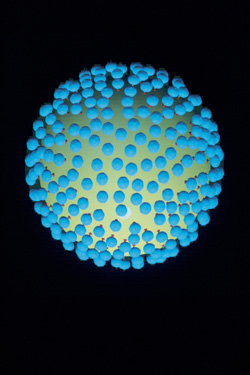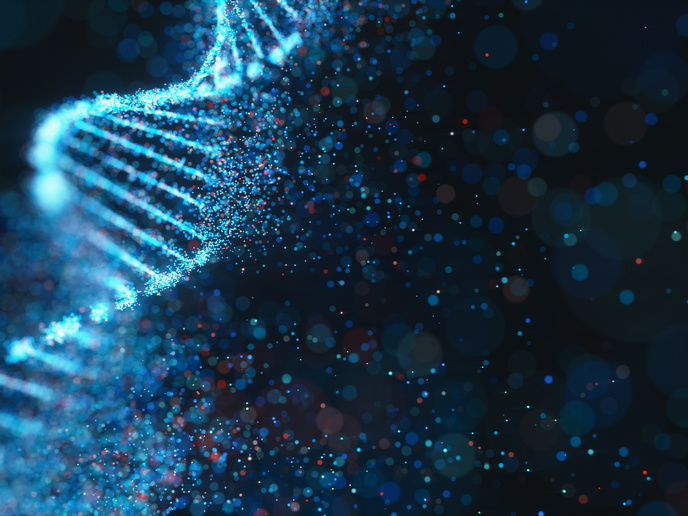Hitting HIV where it hurts
In the continuing battle against HIV, the standard approach is to target viral proteins for HIV-1 infections. However, the drawback to this therapeutic strategy is the emergence of drug-resistant strains. As new anti-HIV drugs are needed, the EU-funded 'Exploiting cellular export of nuclear tanscripts as HIV innovative therapy' (Excellent-HIT) project has directed its research in another direction. Targeting the biochemical pathways responsible for export of RNA that deals with the HIV replication cycle would avoid problems of drug resistance. Researchers selected molecular targets that interfere with the virus's life cycle. Export of unprocessed HIV-1 genetic material is vital for successful establishment within the host and is regulated by the viral protein Rev. Another possible target is the so-called DEAD-box RNA helicase (DDX3) that acts as an essential cofactor for HIV replication. Excellent-HIT researchers were therefore aiming at a 'two-hit' strategy. Project scientists investigated the exact role of DDX3 in HIV replication and published several papers with the results. Evidence that DDX3 plays a part in other pathways also came to light. With knowledge of DDX3 biochemistry under their belt, the researchers could also investigate drug design to counter the enzyme. Several successful drug hits were discovered based on activity in in vitro helicase assays. Another compound with specific anti-HIV activity was also identified. In nuclear export assays, one inhibitor was shown to be active when added four hours after infection. Excellent-HIT is intending to continue their collaboration on this promising avenue towards an effective therapy against HIV. Future research on innovative therapies targeting cell export of nuclear transcripts will be facilitated due to establishment of a coherent workflow during the course of the project.







